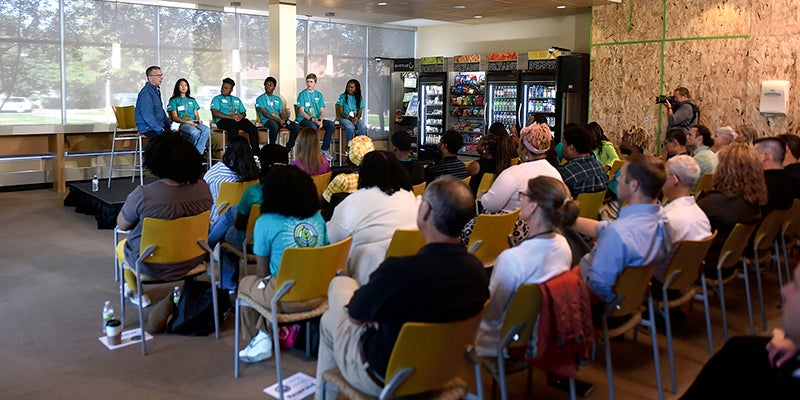Dayton makes new offer for special session
Published 10:13 am Tuesday, February 2, 2016
By J. Patrick Coolican and Christopher Aadland
Minneapolis Star Tribune
DFL Gov. Mark Dayton made another pitch for a special legislative session Monday, laying out his proposals to deal with Iron Range unemployment, implementation of the federal Real ID law and closing racial disparities in income and education.
“These are needs that cannot wait until the regular session convenes in March,” Dayton said in a letter to legislative leaders.
Dayton and DFL legislators have tried since November to pull legislators into a special session, but House Speaker Kurt Daudt, R-Crown, has said the issues can wait until the regular session.
Daudt said that the biggest sticking point is solving racial disparities that he believes will not be cured in a one-day special session. “Getting to an agreement seems pretty difficult,” he said Monday.
But Dayton is pushing for at least some immediate action.
“There is no dispute that from 2013 to 2014, the median income for black Minnesotans fell by 14 percent — dropping from $31,493 to $27,440 in a single year,” Dayton wrote in his letter. “While I agree that closing the achievement gap is critical to addressing economic disparities long term, that worthy issue should be addressed during the regular session.”
Dayton wants immediate money for a Human Rights office in St. Cloud, where reports of racial unrest have become more common in recent months, and an audit to assess the state’s employment, contracting and workforce enforcement practices. All told, Dayton wants $15 million for racial disparities.
Without an agreement on the special session, Daudt and Senate Majority Leader Tom Bakk are already starting to lay out priorities for the regular session in March. The stakes are high as the state has a $1.2 billion budget surplus and all 201 legislative seats are up for election.
“I’m sure people are hearing back in their districts that they want to see a transportation bill,” Bakk said Monday after a legislative forum at the University of Minnesota’s Humphrey School of Public Affairs. “It’s more likely than a tax bill.”





